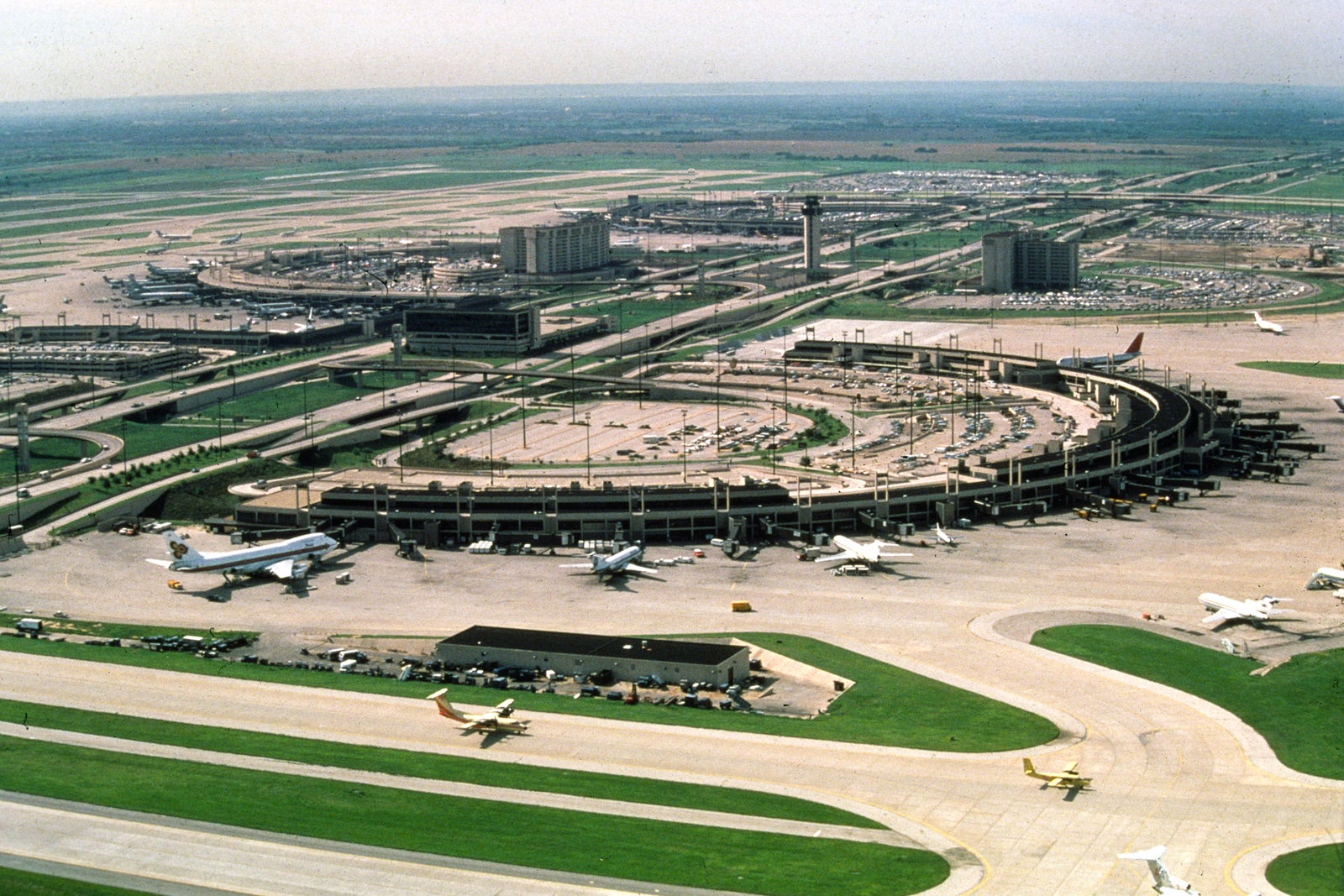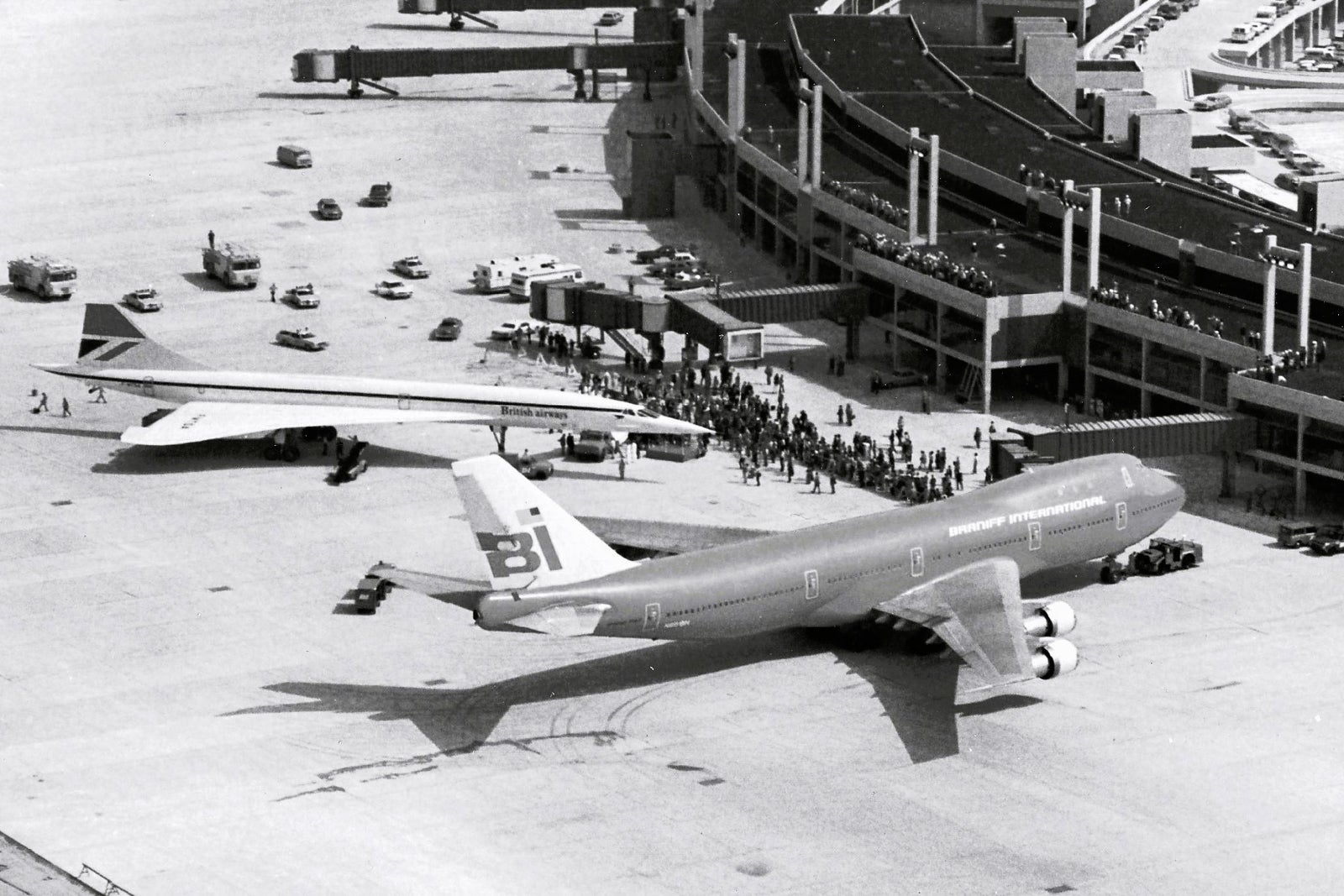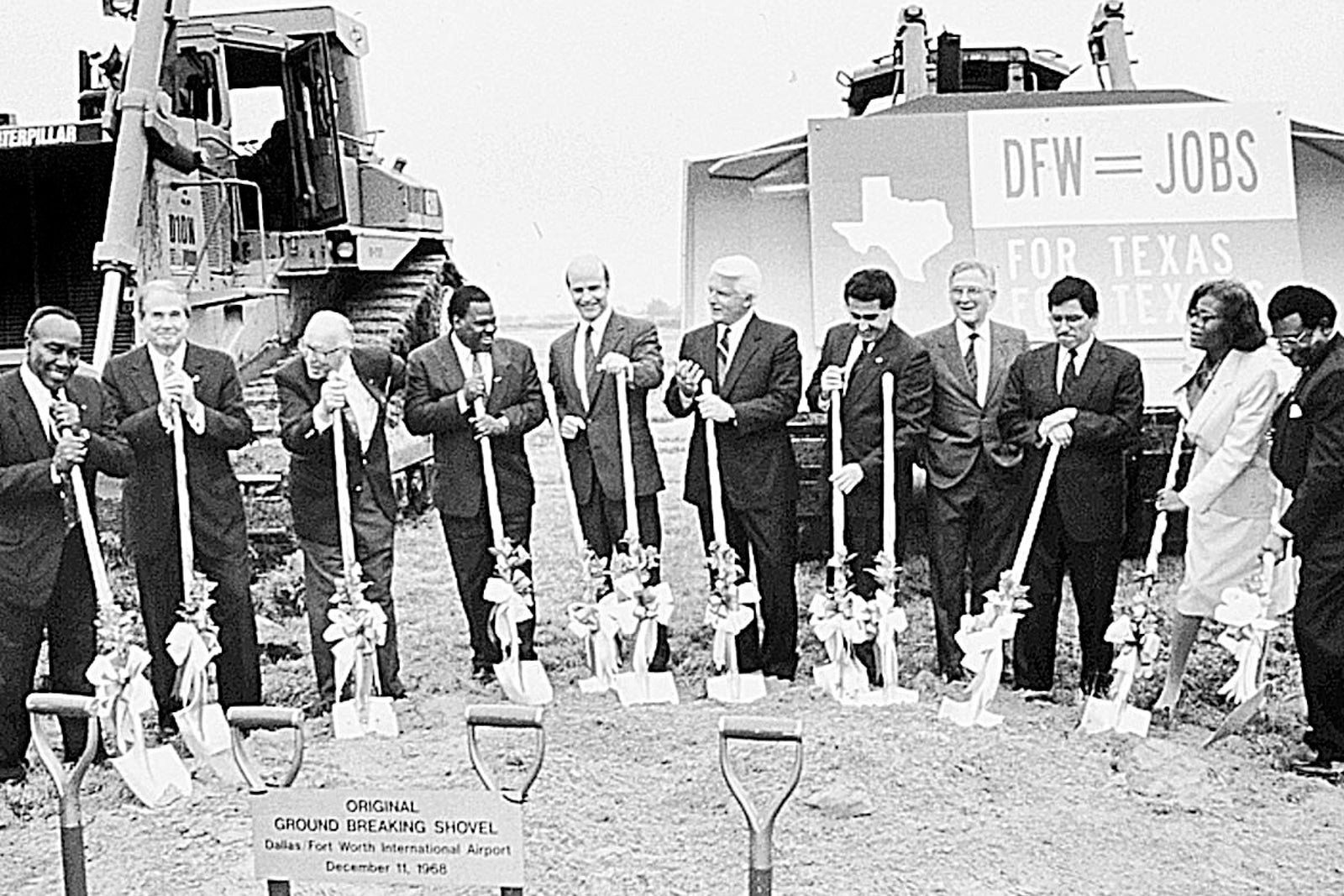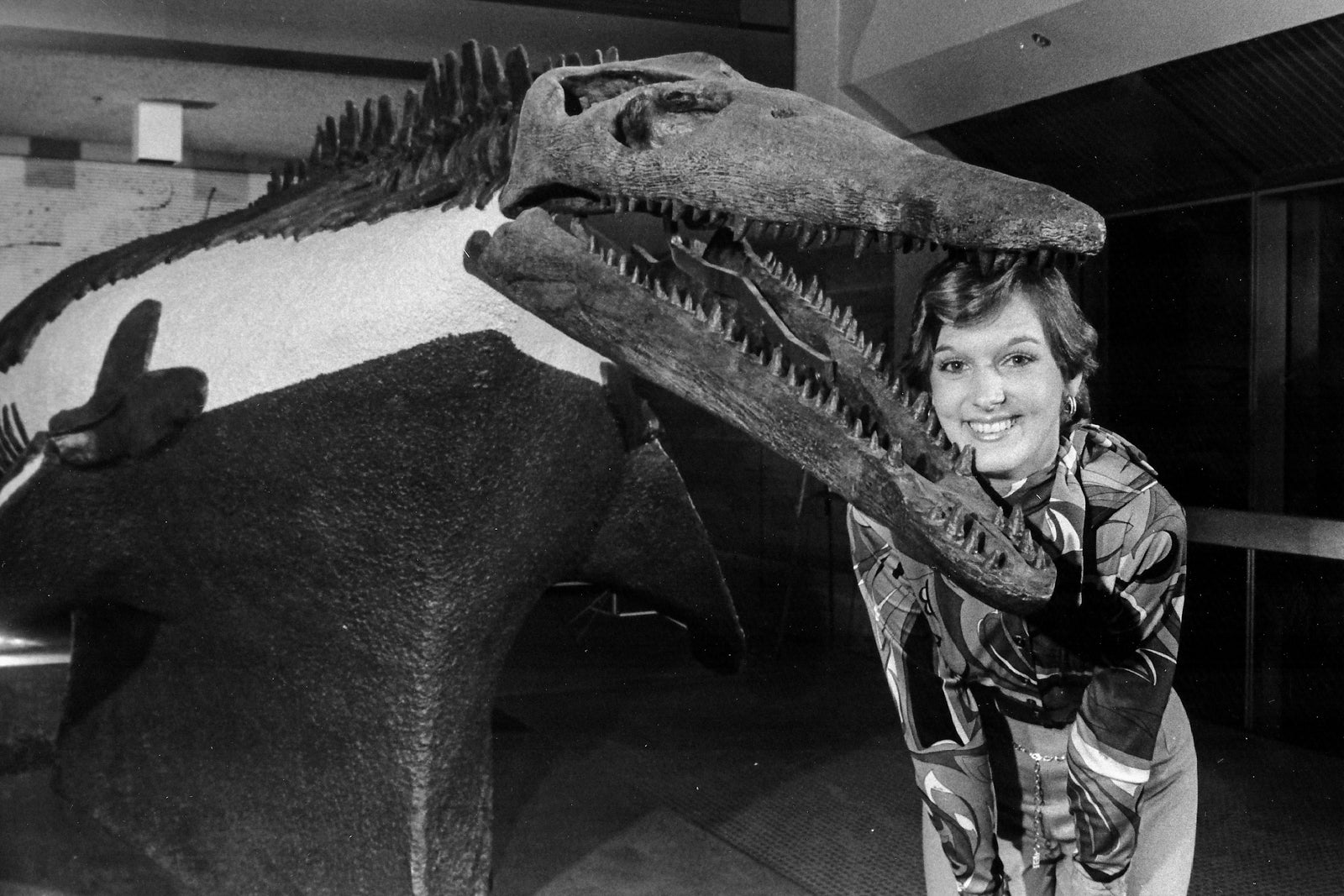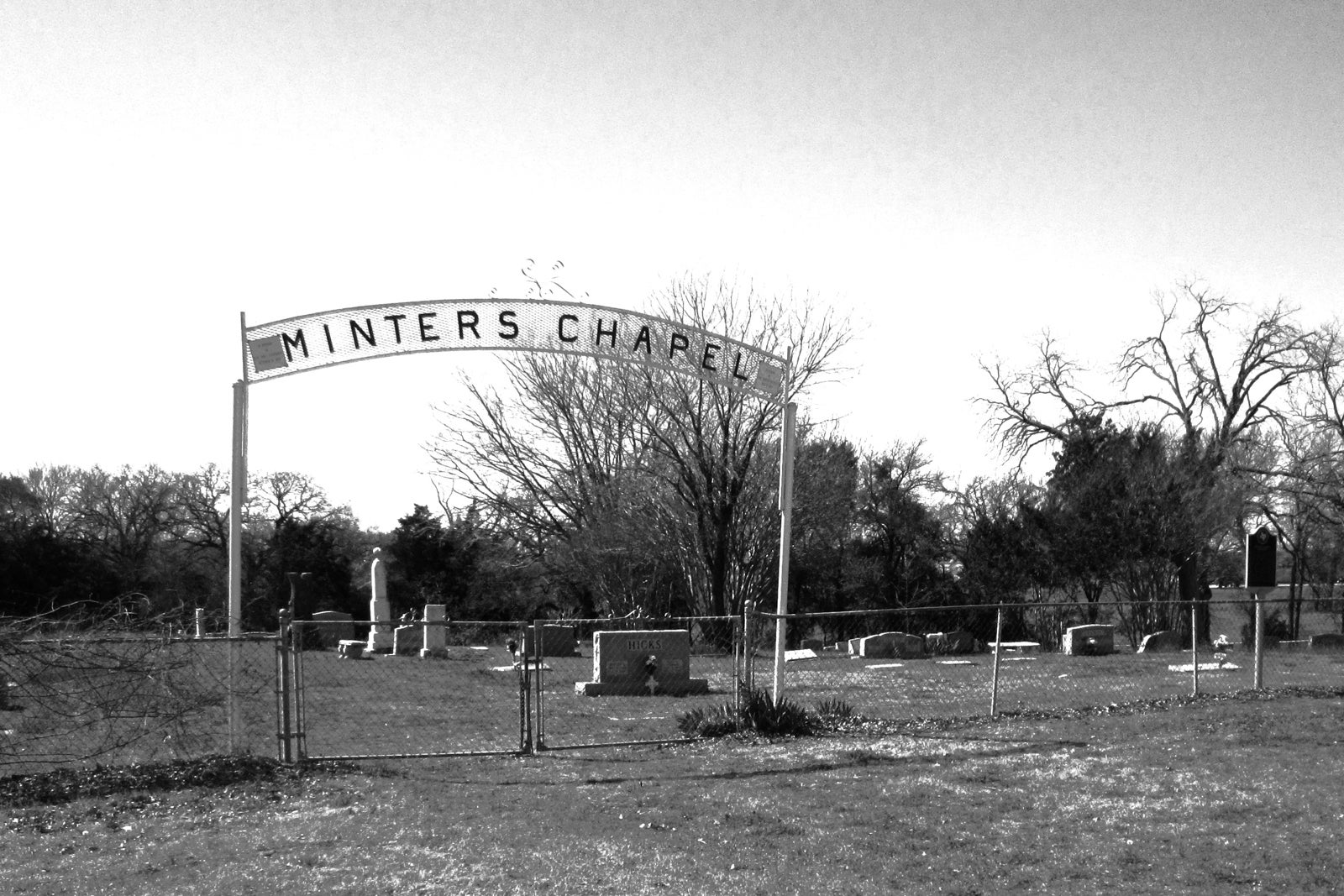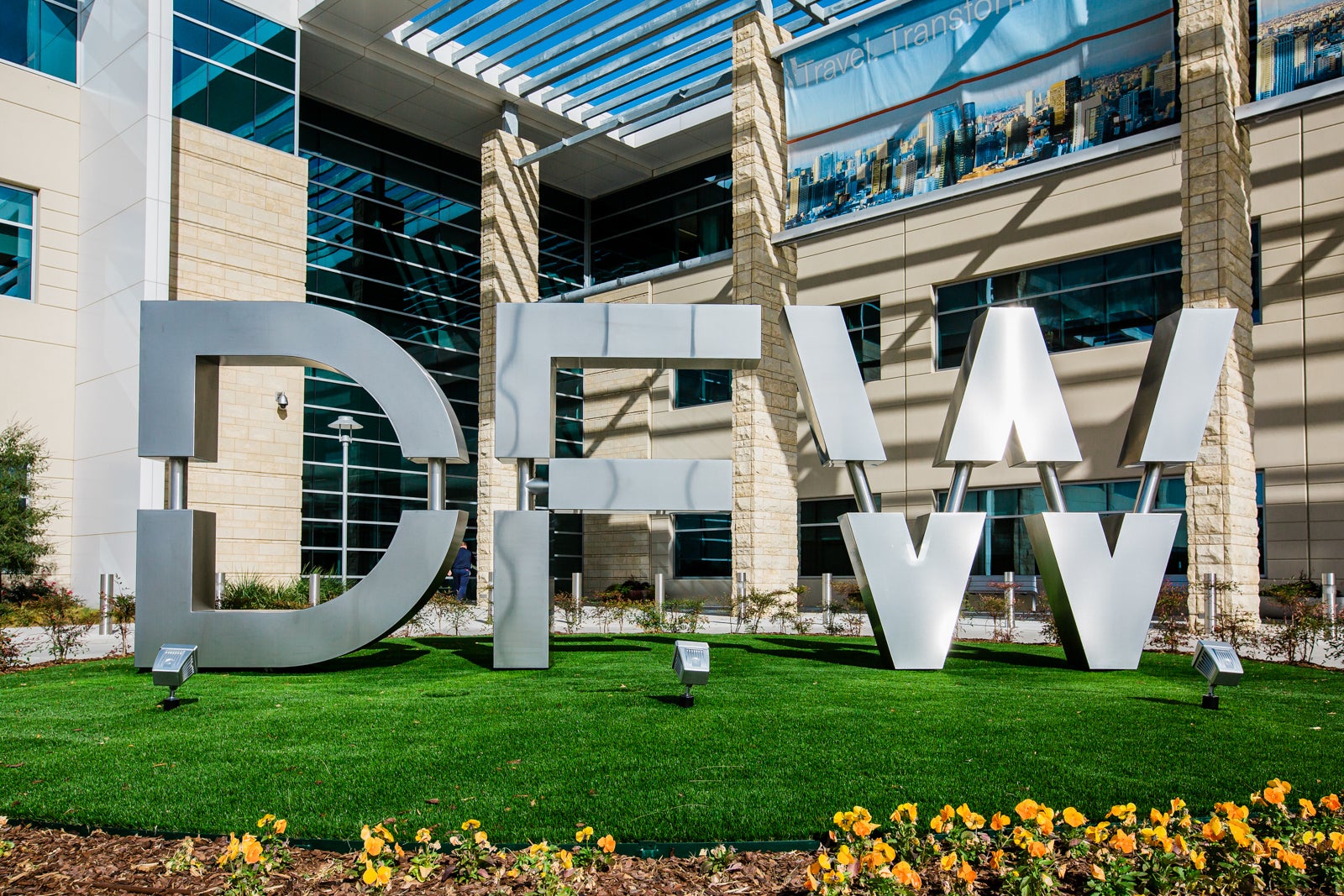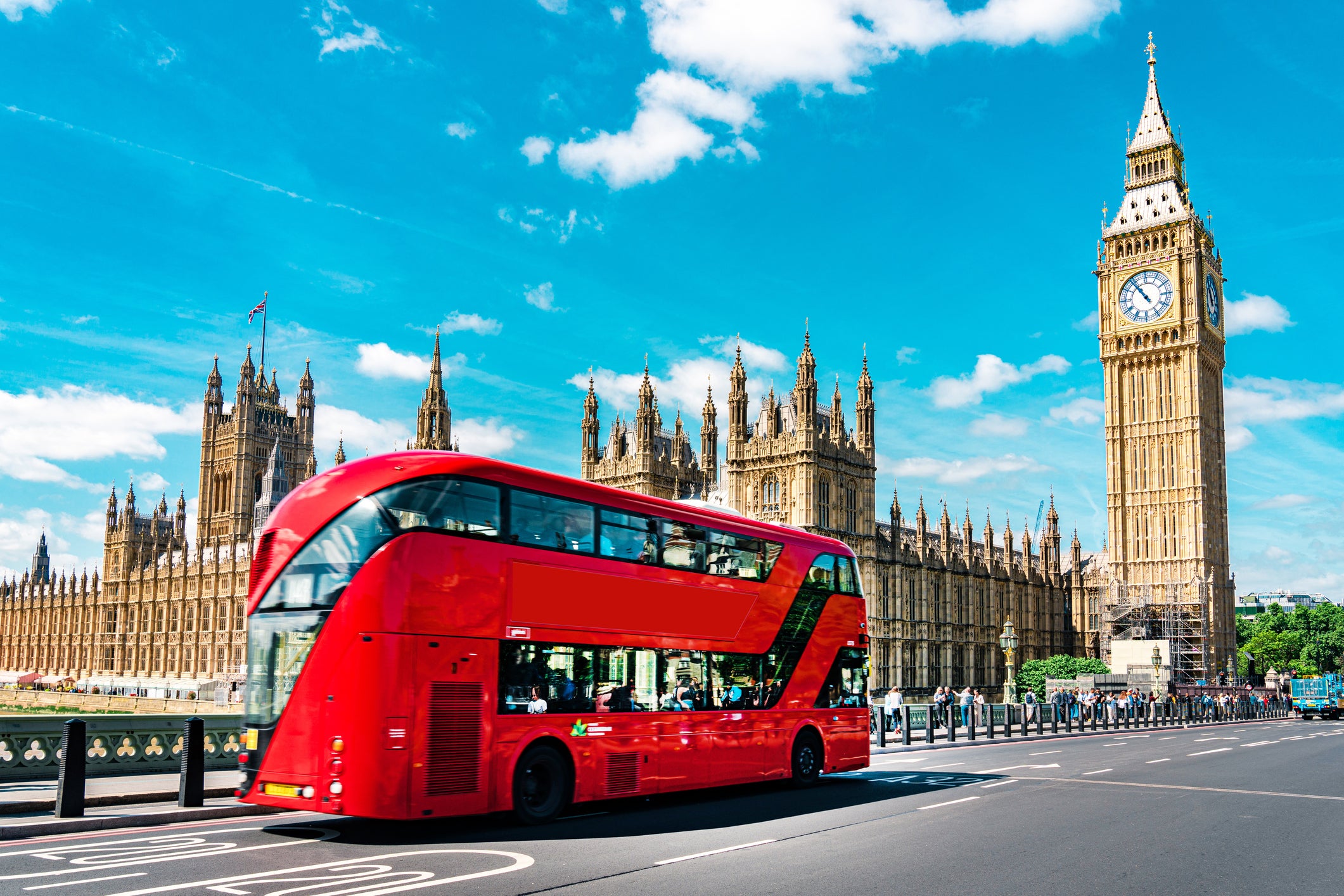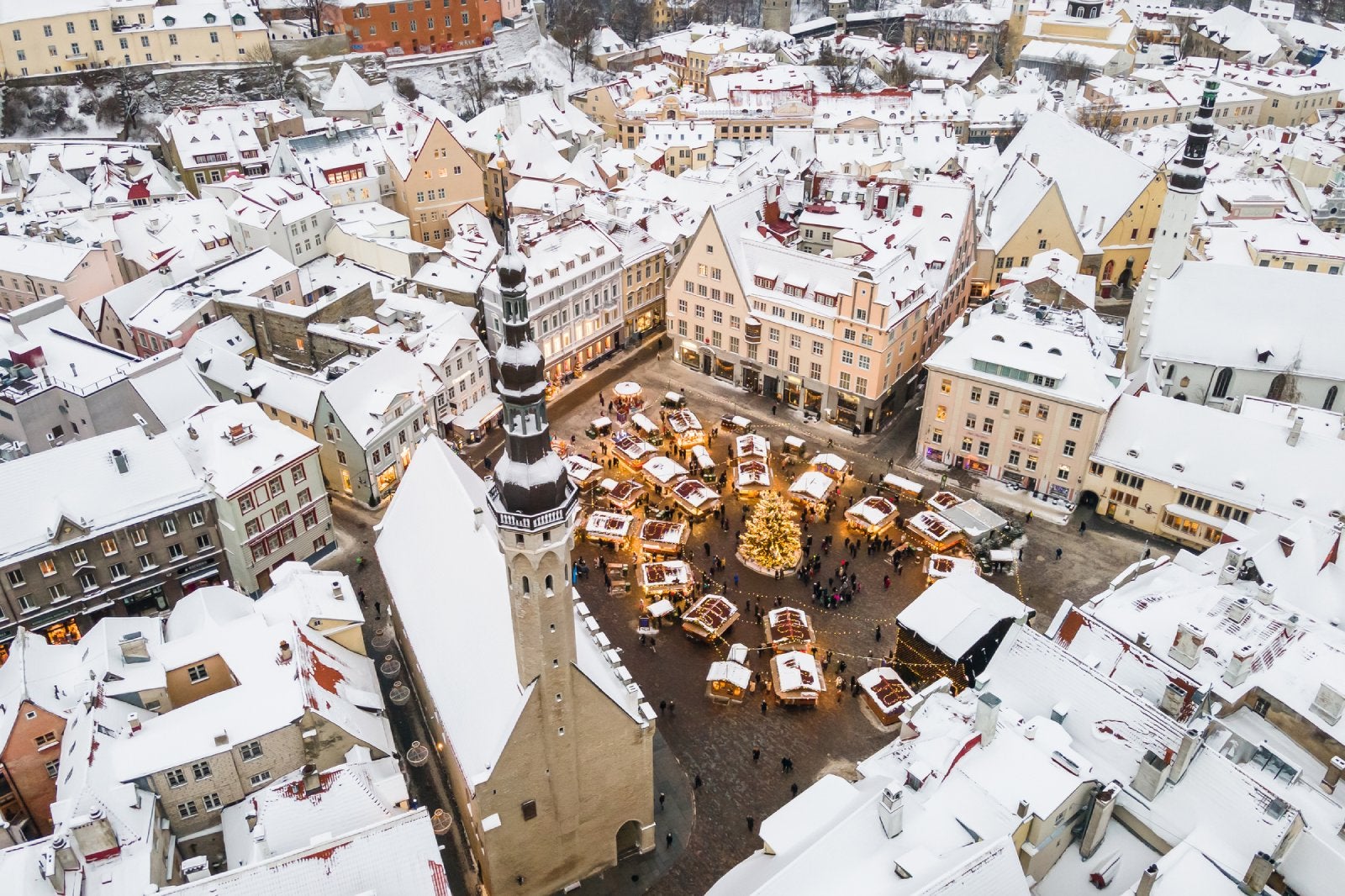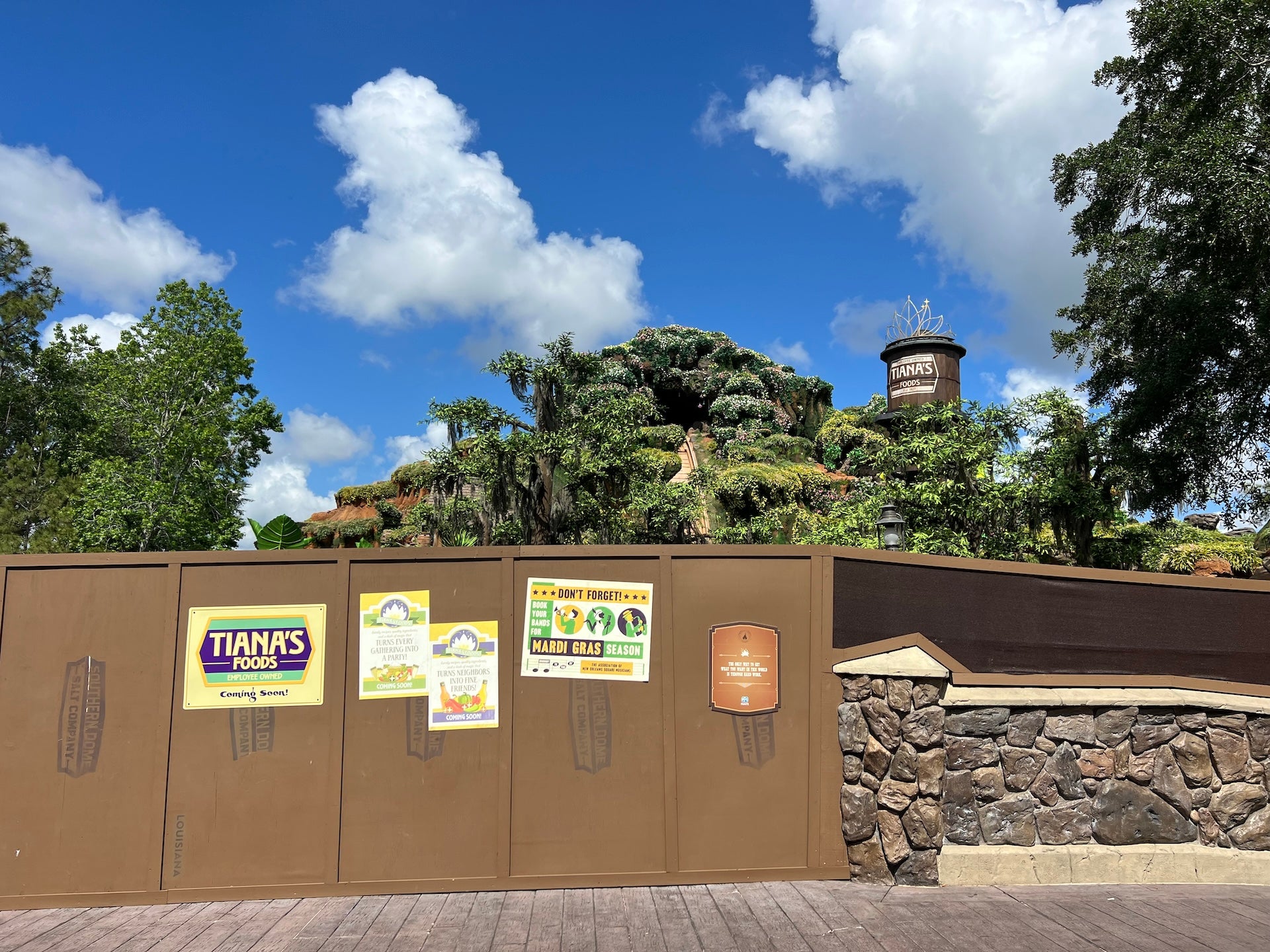Dallas-Fort Worth International Airport is turning 50
Dallas-Fort Worth International Airport (DFW) will turn 50 in January 2024, and it’s marking the milestone with a year-long celebration that will include special events, activities and surprises.
The party kicks off on DFW’s anniversary day — Jan. 13 — with giveaways and special experiences for passengers in the terminals. There will also be fun campaigns in both Dallas and Fort Worth. (In the mid-1960s, the two cities grudgingly agreed to partner on a new, modern, regional airport halfway between two independent and proud growing metropolises.)
More events will roll out throughout the year. However, to prepare you for any DFW trivia quizzes that might come your way, we gathered some fun tidbits. Some information is from DFW officials, and some is from Bruce Bleakley, the former director of the Frontiers of Flight Museum in Dallas and author of multiple books on North Texas aviation, including Dallas-Fort Worth International Airport (Arcadia).
Want more airline-specific news? Sign up for TPG’s free biweekly Aviation newsletter.
When DFW began operations in 1974, eight airlines served the airport. Today, 28 airlines serve DFW, offering flights to 256 destinations worldwide. The airport served an estimated 80 million passengers in 2023, and it’s now the world’s second-busiest airport. It’s also American Airlines’ largest hub.
Here are five cool moments in DFW history.
1. First US Airport visited by the supersonic Concorde
A four-day dedication ceremony took place before DFW officially started commercial operations in January 1974. On the first day of ceremony — Sept. 20, 1973 — the airport welcomed a supersonic British Airways/Air France Concorde.
“The Concorde had arrived from Caracas, Venezuela, with a passenger list of Braniff executives, international press representatives and European Concorde dignitaries,” Bleakley said, “and was the first time that a Concorde had landed in the United States.”
Two days later — Sept. 22, 1973 — tens of thousands of people attended a dedication ceremony that included an air show and exhibits.

Daily Newsletter
Reward your inbox with the TPG Daily newsletter
Join over 700,000 readers for breaking news, in-depth guides and exclusive deals from TPG’s experts
2. Game-changing — and with its own zip code
The airport had its own zip code — 75261. This 26-minute-long promotional video released in 1972 was heralded as a game changer for air travel and “one of the most significant works of man in the entire world.”
The airport’s construction was — and still is — pretty darn impressive. This is especially true when you see the drafting tools used to draw the contour maps for the original airport excavation in the days before computer-aided design existed.
3. The DFW dig
During the DFW excavation, workers uncovered an almost complete fossil of a 70-million-year-old Plesiosaur, a 25-foot-long reptile that lived in the ocean during the time of dinosaurs.
Braniff International Airways underwrote the cost of the fossil’s excavation and restoration. For a while, the fossil was displayed in Braniff’s Terminal 2W (now Terminal B). Today, though, DFW’s Plesiosaur is locked away in storage at an area university.
4. Five cemeteries on DFW property
A handful of airports around the country have graves on the property. However, there are five cemeteries within DFW Airport’s boundaries, according to Bleakley.
“These are from churches that were established in the area before the airport was built,” Bleakley said. “And while the churches themselves have moved, the cemeteries remain.”
5. Two DFW firsts
In 1998, DFW became the first U.S. airport to offer passengers an automated foreign currency exchange machine. In 2016, DFW was the first airport in North America to achieve carbon-neutral accreditation.
Related reading:

